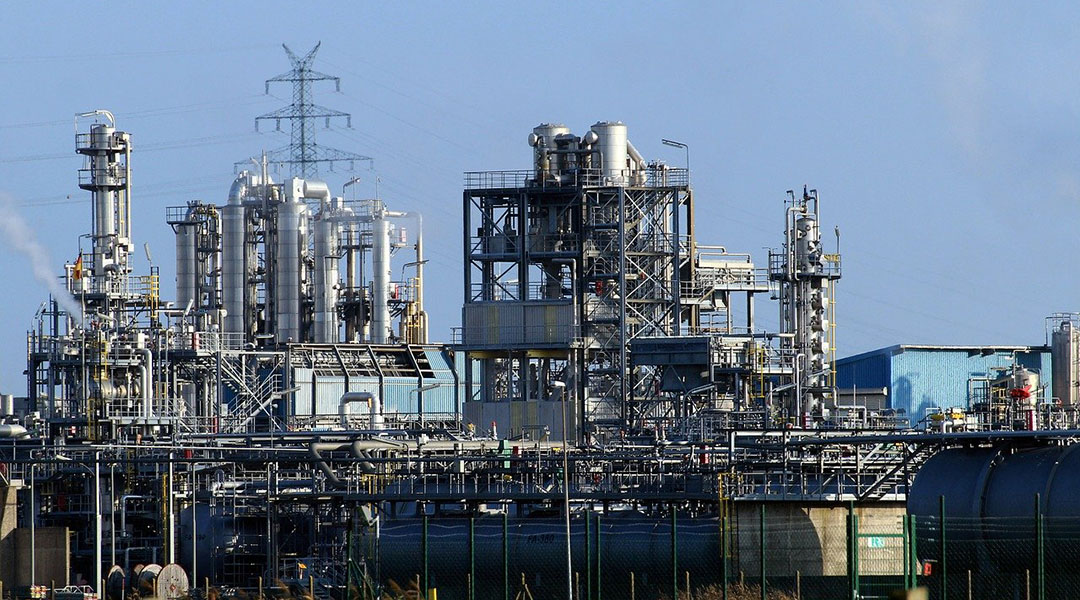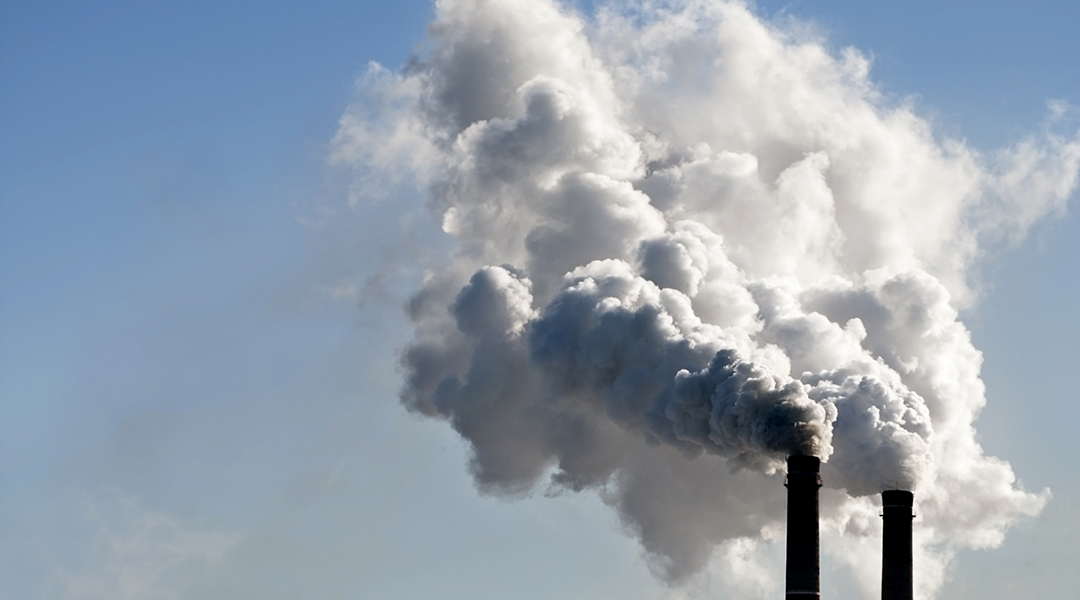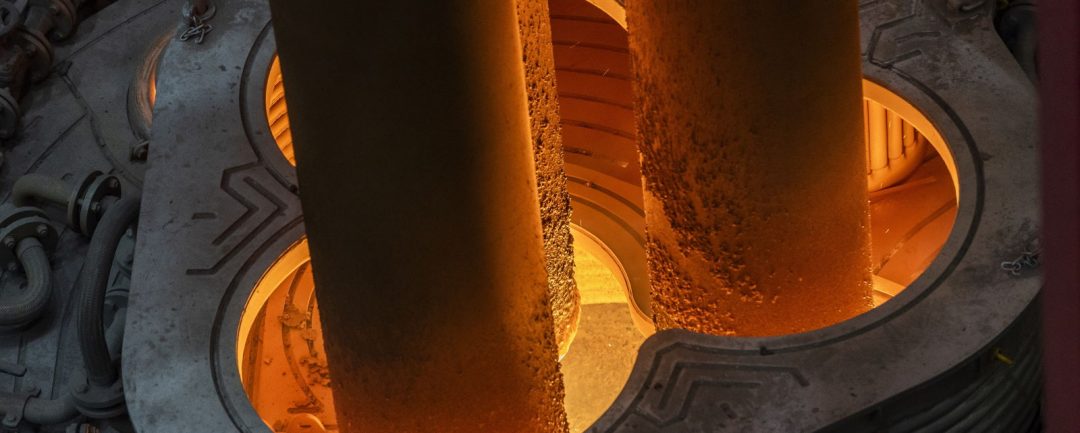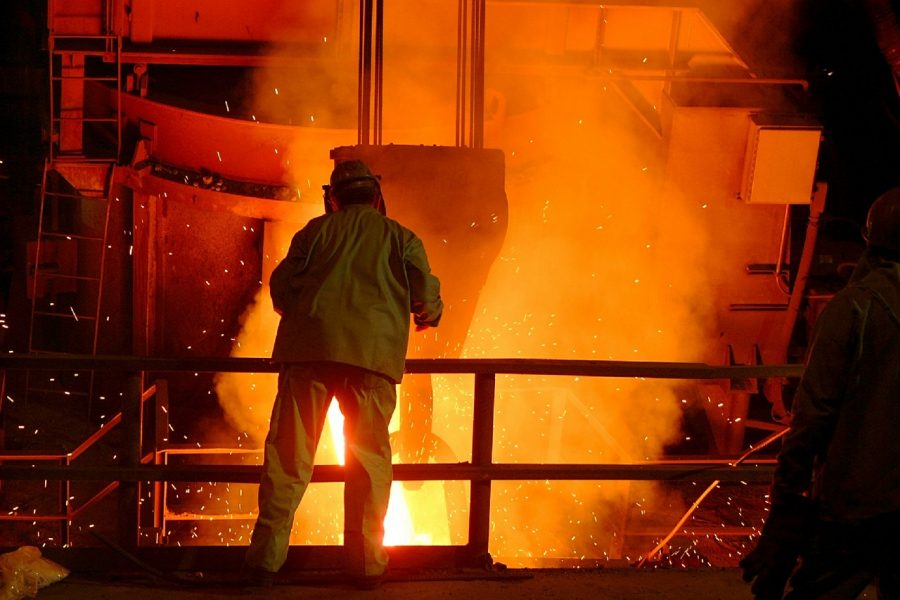COVID-19, like climate change, is a complex social problem that will require social scientific knowledge to understand its full and lasting impact impact.


COVID-19, like climate change, is a complex social problem that will require social scientific knowledge to understand its full and lasting impact impact.

Researchers look at how industries and governments can work together to bring down carbon emissions.

For the UK to make headway with its ambitious Absolute Zero plan, it calls for an administration that understands the subject and what is needed for its success.

Global warming: a collision of science, economy, and politics. Could finance be the key?

Nitrogen and sulfur present in dye-contaminated wastewater are incorporated into an energy material, simultaneously addressing two important issues.

Steel manufacturer, Thyssenkrupp, is using state-of-the-art technologies to meet goals set at the 2015 Paris climate conference.

Large-scale re-forestation can be a very effective means to decarbonize the future.

Sustainable Earth. Episode 1: Make Our Planet Great Again; Episode 2: Stop Bullying Life on Earth; Episode 3: Live and Let Live

A techno-economic analysis for six different carbon dioxide emission reduction scenarios in steel manufacturing, using a steel mill located in Duisburg, Germany as an example, are reported.

Lignin is a by-product of the Kraft pulping process and is typically burned for energy within the pulp and paper mill plant. Due to energy efficiency measures in Kraft pulp mills, its availability has recently greatly increased. This surplus lignin provides a readily available feedstock for conversion into a phenolic-rich bio-oil via hydrothermal liquefaction (HTL).